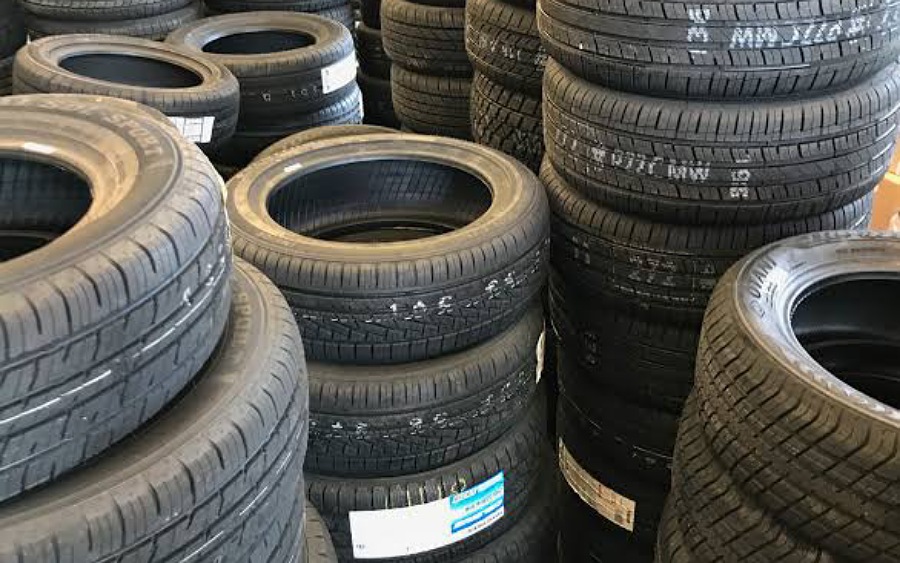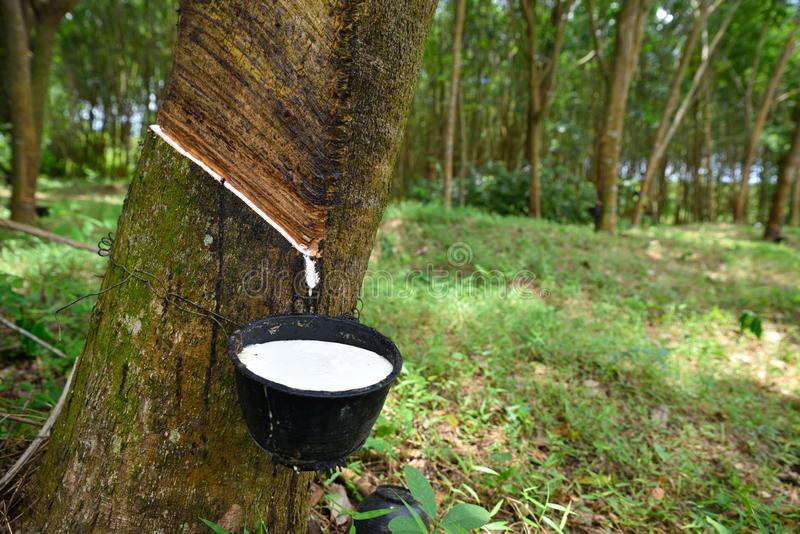The Federal Government in its bid to boost and revive Nigeria’s tyre and rubber industry has announced the launch of a Technical Committee to bring back tyre manufacturing and also secure funding for the industry.
The Committee was inaugurated by Nigeria’s Trade Minister, Niyi Adebayo on Friday.
The Minister noted that they will also work with various states in Nigeria with capacity for rubber production, to boost production capacity for rubber trees in a six-year time frame.
What the Minister is saying
Otunba Adeniyi Adebayo after inaugurating the committee said they will produce a roadmap to revive the industry in line with international best practices.
“You are to develop policy guidelines that will bring back local tyre manufacturing and develop a framework to secure government’s funding for the industry,” he said.
He added that they will work with state governments to promote rubber plantations and secure funding strategies suitable for planting of rubber trees ready for tapping between six years and seven years.
“I request the committee to set up subcommittees that will address some specific issues concerning rubber plantations, tyre industry, proper processing and financing.
“I want to assure you of the continued support of the Federal Government to resuscitate Nigeria’s rubber and tyre industry,’’ Adebayo said.
Prince Peter Igbinosun, National President of National Rubber Producers, Processors and Marketers Association of Nigeria (NARPPMAN), said Rubber promises good returns on investment and high volumes of by-products; “it is engaging and creates employment opportunities at various levels of its value chain”.
“We are looking forward to a vibrant committee that will develop at least a 10-year rubber development policy that will encourage investments, especially raw materials for industrial growth and development.
“Rubber has six years to seven years gestation period, which is a serious disincentive to investors and financial houses.
“Rubber production is capital intensive, labour intensive, land intensive and requires special skills in production.
“Recommending a special package for developing long gestation crops like rubber by the CBN should be one of the responsibilities of this committee,’’ Igbinosun said.
He also noted that the tyre industry in Nigeria collapsed and manufacturers relocated because of power challenges, insecurity, multiple taxation, community influence and repatriation. He stated that companies including Michelin, Dunlop and Bridgestone left due to “Insecurity prevalent in the Niger Delta, multiple taxations, community influence and repatriation also contributed to their relocation”.
What you should know
- Nairametrics also reported last year that Federal Government declared that it is reviewing its National Automotive Industry Development Plan, in a bid to boost Nigeria’s rubber industry and diversify the economy.
- Trade Minister, Adebayo said, “The rubber industry is related to the automotive industry in terms of production of tyres and other products needed in the vehicle manufacturing and assembling.
- “In this regard, the ministry is currently reviewing the National Automotive Industry Development Plan, in conjunction with the National Automotive Design and Development Council.”
- He said the Ministry is articulating more policies and programmes that would transform Nigeria into a modern industrialized nation and to make the rubber sub-sector as a major contributor to the nation’s GDP through the Nigeria Industrial Revolution Plan


















